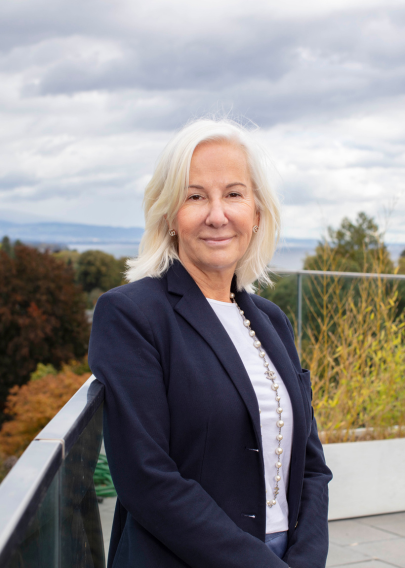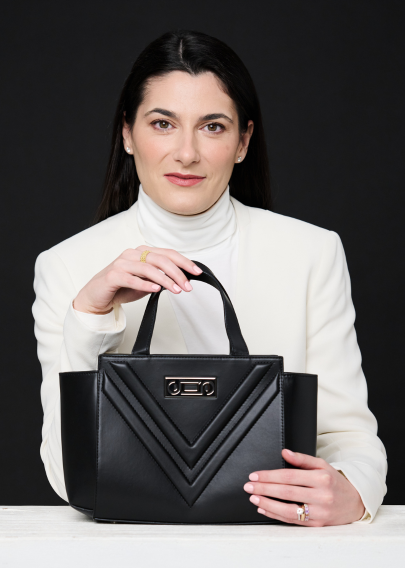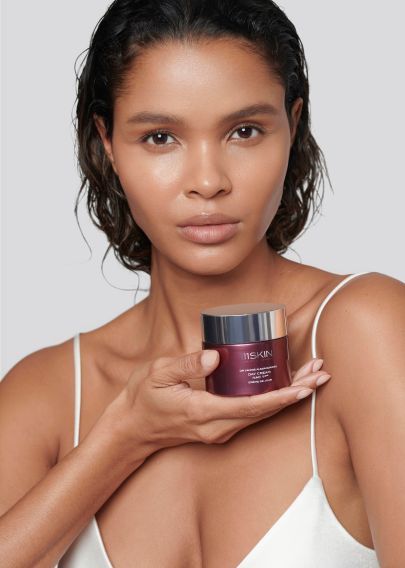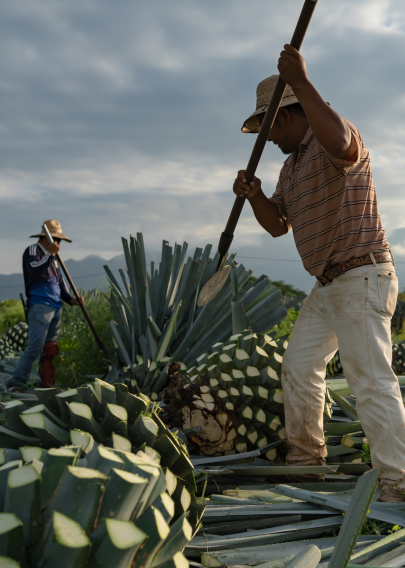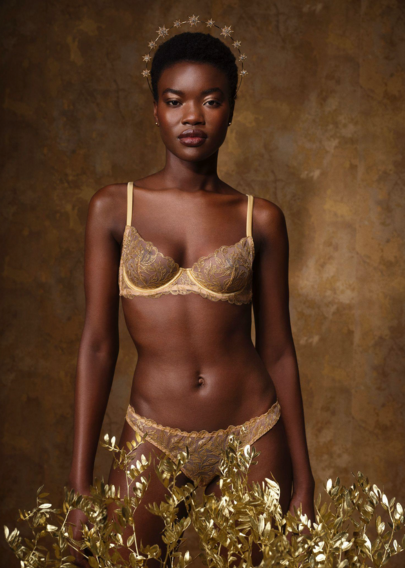New e-commerce platform JENDAYA is something truly unique in the luxury market. Instead of focusing on the expected luxury brands and supporting them with a few unknowns, it is choosing to shine a light on the growing prowess of African diaspora luxury brands, their buying-power and trendsetting ability. By making African apparel, beauty, home decor and accessories more widely available, JENDAYA aims to bridge the continent’s heritage with high-end consumers worldwide and position African names seamlessly in the same league as seasoned western labels such as Chloe and Givenchy. Currently undergoing assessment with Positive Luxury to earn their Butterfly Mark certification, we caught up with the JENDAYA team to learn more about African luxury and their approach to sustainability.
. . .
What makes JENDAYA different from other multi-brand retailers?
JENDAYA is the only e-commerce marketplace that uses the social power of community and culture to help global shoppers discover diverse designers. Being the first platform to prioritise the African shopper and thus open up new markets for global luxury designers. Our purpose is to set a new diverse standard for luxury, this (for us) means empowering a diverse range of designers – established and new, from all over the world, curating through culture and shipping globally (Africa included).
What is unique about Africa as a luxury market?
The African luxury market is all about the blending of cultures and worlds, it is vibrant and energetic and often where trends are actually born. Consumers love being “the first to discover”, that ethos is the nucleus from which we curate – we want to bring a truly different perspective to the luxury e-comm landscape. Growing at an exponential rate, second fastest CAGR after the ME region, consumption of luxury is also very nuanced from African country to country. Furthermore, certain consumer habits are highly documented and understood, whilst others are still emerging and so JENDAYA looks to both serve and nurture the continental African luxury consumer over the coming years.
Why do you think Africa has historically been underserved by luxury?
In Africa our treasure is our culture, our way of life in its raw form. We have always been present in the moment – enjoying the many layers of our heritage so much that we have rarely stopped to document our story. We have shared most of our culture through live experiences rather than through stories; giving the false impression that we do not have a story to tell. Behind every luxury brand is a story – that’s where the brand value is enshrined – where a product meets value. Western brands have historically managed to do this very well – to live and while doing so simultaneously do the art of of storytelling which imparts luxury to their products. Africa is now ready to do the same – offer a rich experience of culture while also giving context to its products and imparting value to the same.
What is driving the desire for more diverse luxury brands vs traditional?
The untold stories – the colour and culture behind these brands as the world is now gradually shifting from the stiff generic monochrome and rigid fashion culture to a more liberating, inclusive and culturally explosive one with a vibrant soul behind it – hence the demand for more diverse brands. It’s not so much about fitting in any more – it’s about standing out and these diverse brands are championing this narrative extremely well.
How have you incorporated sustainability into JENDAYA?
Sustainability is at the core of our business strategy – specifically across three pillars – brand onboarding, our editorial coverage, and partnerships with NGOs and organizations that empower brands for business success. Onboarding due diligence – we are advocates of promoting and on-boarding brands that take sustainability in fashion seriously – thus we are actively doing our due diligence into the sustainability initiatives of all the brands that we decide to carry, and our third-party vendors. A member of our Advisory Board is a connector for many global brands, so we are proactively learning more about their sustainability initiatives, strategy and how they market this to implement where relevant to JENDAYA. Editorial Coverage – we are making a conscious effort to include coverage of “Sustainability in Fashion” as part of our social media posts and editorial pieces. We conduct in-depth interviews with NGOs, brands, and individuals that are committed to “Ethical Fashion” in Africa to showcase the difference and impact they are making. Partnerships – our official partnership with Positive Luxury gives JENDAYA the opportunity to support the promotion of trade and incubation of creative micro-enterprises within marginalized communities in Africa. Our official partnership with TRIBU (a platform designed to unite the world of fashion and design talent through its cutting-edge social networking website) allows sharing, collaboration, networking and connecting with the industry’s most talented people – from industry leaders to manufacturers to investors. Sales on JENDAYA will also translate into data points that provide African brands the opportunity to receive business friendly debt investment curated for development and expansion.
Have you noticed any difference in the attitude towards sustainability from African luxury consumers?
African luxury consumers are the most sophisticated consumers on the continent – their familiarity and long-term relationship with international brands has introduced them to sustainability in fashion over the years. African luxury consumers are curious about how textiles are manufactured, and their potential impact on the environment. Their deep appreciation for ethical practices such as fabric sourcing, product manufacturing, transportation, storage, and final sale, is further reinforced when they are shopping for “African luxury”. Locally produced items combine local raw materials with astute craftmanship, and a strong narrative hinged on heritage, culture and history which makes for a “richer” shopping experience than shopping from international brands. There is a lot of education that needs to happen for African luxury consumers to consciously shop sustainable brands. We believe that more transparency into the sustainability initiatives and business practices of the brands that they shop for will bring more insight that will define their attitude towards sustainability in the medium to long term. By leveraging our editorial platform and the power of storytelling, at JENDAYA, we aim to bridge that gap.
< Back

